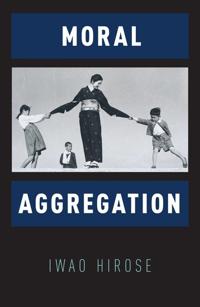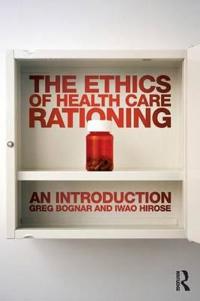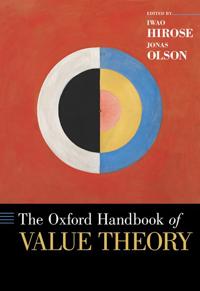Moral Aggregation (Inbunden)
avIwao Hirose
ISBN: 9780199933686 - UTGIVEN: 2014-11Some ethical theories tolerate or require aggregation - a trade-off between benefits to a group of individuals and losses to another group of individuals. Since aggregation is an essential feature of utilitarianism, many critics of utilitarianism - including John Rawls, Thomas Nagel, T. M. Scanlon, [...]
The Ethics of Health Care Rationing (Pocket)
avGreg Bognar, Iwao Hirose, Greg Bognar
ISBN: 9780415521185 - UTGIVEN: 2014-05Should organ transplants be given to patients who have waited the longest, or need it most urgently, or those whose survival prospects are the best? The rationing of health care is universal and inevitable, taking place in poor and affluent countries, in publicly funded and private health care syste[...]
Egalitarianism (Häftad)
avIwao Hirose
ISBN: 9780415783194 - UTGIVEN: 2014-06Some people are worse off than others. Does this fact give rise to moral concern? Egalitarianism claims that it does, for a wide array of reasons. It is one of the most important and hotly debated problems in moral and political philosophy, occupying a central place in the work of John Rawls, Thomas[...]
The Oxford Handbook of Value Theory (Inbunden)
avIwao (EDT) Hirose, Jonas (EDT) Olson, Iwao (EDT) Hirose
ISBN: 9780199959303 - UTGIVEN: 2015-05Value theory, or axiology, looks at what things are good or bad, how good or bad they are, and, most fundamentally, what it is for a thing to be good or bad. Questions about value and about what is valuable are important to moral philosophers, since most moral theories hold that we ought to promote [...]






